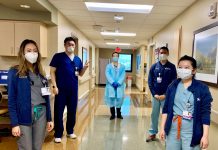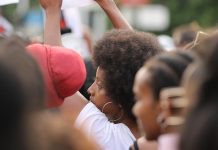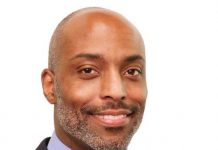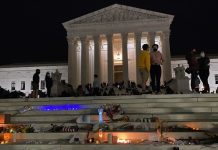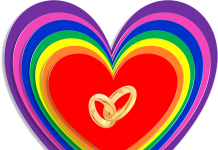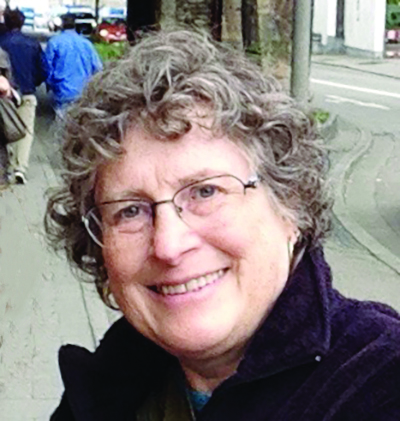Diane Freedman, a longtime social worker whose private practice created a safe haven for the New York City LGBTQ community, began her career in the field working with the AIDS crisis.
A decade later she paved the way in New York City for trans women and men to get affordable therapy She is, we could argue, an LGBTQ hero from the frontline.
But back in the Stonewall Era, Freedman a was a young lesbian college student at Long Island. It was the late 1960s, and like many others, she was going to rundown, mafia-owned gay bars in New York City, knowing full well the risk of a raid, losing her job and entire family, because of who she was.
Fear of being caught gay hung in the air back then.
“There was always the feeling of ‘this isn’t safe,’ “Freedman says. “The whole gay world was in Manhattan. Everybody was going into the city. It was very much a time of freedom with the baths, freedom at the bars. Pretty much everyone was in the closet.”
Then Stonewall happened. Freedman wasn’t at the riot in early summer on 1969 but was well aware of it. She came out a year later and was disowned by her family (who apologized 10 years later). She served as marshal at Long Island’s first Pride Parade and then marched in New York City’s second pride parade. She joined others lobbying in Washington, D.C.
In her career (retail), Freedman found herself, a self-described “soft butch,” often outed, bypassed and highly discriminated against. The graduate from Stony Brook University’s School of Social Welfare left retail when the AIDS crisis hit in the 1980s. She went back to school, attending Fordham University’s School of Social Service for her master’s degree. “That was my way of fighting,” she says. “I lost 30 friends. Everybody was dying. (President) Ronald Reagan wouldn’t say the word AIDS. At St. Patrick’s Cathedral it was crazy. You had everybody screaming, ‘You’re going to burn in hell.’ ”
Her first experience in social work was giving positive diagnoses to those learning they had HIV and providing resources. Social work and counseling were all about the AIDS crisis back then, she says. Prior to the decade, the community had been different. Though Freedman herself had gay male friends, she says, “Until the time of AIDS, it was very separated. The men didn’t want the women in the clubs. The men didn’t have any need for the women. It was very much a different culture. Then all the men were dying, and the lesbians were having to take over organizations.”
After graduating from Fordham, her cause focused heavily on the trans community. Her first client, an acquaintance who was a trans woman, knew Freedman was a lesbian and would therefore be empathetic. At the time, Freedman says, “Trans people were paying $250 an hour. Out of pocket. No insurance. Places were not taking insurance. I was appalled. Most trans people had difficulty holding down jobs. They certainly couldn’t afford $250 an hour for therapy.”
It turned out; she was quite empathetic. Together, she and the client researched and explored the “psychotherapeutic aspects of gender identity.”
She helped trans women and men be insured by stretching the categories to fit the insurance, using terms such as “adjustment disorder” or “anxiety and depression caused by adjustment disorder.” Her clinical private practice, Diane E. Freedman, LCSW, PLLC, opened in 1994 and, she says, was the first place that offered therapy to the LGBT community in New York on a sliding scale. It offered a haven for the trans community seeking therapy. “They could start to feel less isolated. We ran groups. Free groups. That was really important, having places that they could dress and go out.”
And, she continued working for the cause, earning her doctorate degree in clinical social work at New York University’s School of Social Work in 2007 with her dissertation titled “The Effects of Mental Health Intervention on Adherence to Medication for People with HIV and AIDS.”
Four months, ago Freedman moved to Henderson with her wife, Judy, (they married in Canada, which in 2005 legalized same-sex marriage) after 25 years together.





